The Executive Director, Spaces for Change (S4C), Victoria Ibezim-Ohaeri, has cautioned against closing and restricting the civic space in Nigeria, describing such a phenomenon as a potent threat to democracy and an attack on everything democracy represents.
Ibezim-Ohaeri insisted that dissent is the bedrock of democracy and that any administration not tolerating dissent is anything but a democratic government.
“Closing or restricting the civic space is a threat to democracy; it is not just a threat to democracy but an attack on democracy and everything democracy represents.
“Dissent is the bedrock of democracy and any administration that does not tolerate dissent cannot be deemed as a democratic government,’’ she said.
The Spaces for Change boss spoke to Persecondnews in Lagos on the sidelines of a one-day national retreat for members of the Action Group on Free Civic Space, a network of human rights defenders and organizations.
On the role of civil society organizations (CSOs) in ensuring that civic space is not closed or restricted, Ibezim-Ohaeri urged CSOs to continue to engage government at all levels to ensure the openness of civic space to deepen the nation’s democracy.
She said:“I think the civil society is the vehicle in most democratic societies that is used to channel either dissent, grievance, or opinion of the generality of the populace.
“So when that vehicle is obstructed or experiencing any form of restriction or limitation in its ability to function effectively as an interrogator, as a voice or as contributor or participant, then the whole essence of democracy is under threat.
“That is what we mean that the civic spaces are closed.’’
On partnering with editors as gatekeepers in the media houses, Ibezim-Ohaeri unfolded a training program for editors in print, electronics, and online publications as strategic partners.
Read Also: Alleged killer of SuperTV CEO, Chidinma Ojukwu, wins Miss Cell 2022
“We recognize the media as a very important partner in preserving the spaces for democratic engagements. The media practitioners deserve special training to amplify their voices and be able to articulate the issues affecting the common man.
“They should also amplify the voices of the common man to be able to represent the interest of the common man in ways that reflect their priorities and interests.
“That is why we have identified training for editors as an important tool for deepening democratic engagements and preserving the civic space.
“The essence is that when the media is properly guided then the society is properly informed,’’ S4C Executive Director stressed.
On the relationship between security agencies and the CSOs, Ibezim-Ohaeri said there is an improvement and a “seeming shift’’ in the relationship.
“We are seeing an increasing improvement or a seeming shift from a difficult conversation to cooperation. That means there are emerging opportunities now for civil societies to have better conversations and dialogues with security agencies which was not the norm before.
“Before they were always position poles apart from each other and reaching a meeting point was always difficult. But increasingly, civil society is now expanding those spaces for democratic conversations bringing together the actors that were not their allies before.
“That is the trend we are seeing now and the expansion of the civic space was made possible by the efforts of civil society actors.
“We are hoping that in future and that is what the Action Group is trying to do to improve the relationships between civil society and state actors, especially security agents.’’
“And by improving the relationships, we can now have a better understanding of each other’s roles in a democratic process. Both sides have very important roles to play.
“By understanding people now understand each other’s roles, responsibility, and the limits of action that can be taken by either side,’’ Ibezim-Ohaeri explained.
She expressed the hope that with the encouraging trend to normalize the situation, pointing out that it was not the norm before.
“We are encouraged by some of these trends and we hope to normalize them. We are a bit surprised because it was not the norm.
“Our goal is to normalize it and become our integral part of our democracy for the state and civil society to listen to each other and respect each other.’’
Persecondnews reports that the Action Group on Free Civic Space coalition includes Dataphyte, Spaces for Change, HumAngle, World Impact Development Foundation (WIDEF), CCEPE, Justice Rights Initiative (JRI), Vision Spring Initiatives (VSI), Youths Right and Environmental Advocacy Centre (YEAC) and the Rule of Law and Accountability Advocacy Centre (RULAAC).
Others are Policyalert!, CCIDESOR, Ace & Vanguard LP and Africana League, Centre for Citizens with Disability (CCD), Building Blocks for Peace Foundation and SBM Intelligence.
Members of the coalition ha earlier undertaken a three-part collective action research called the SECURITY PLAYBOOK which exposes the misuse of the security architecture to shrink the civic space.
Of particular note is the increasing use of regulatory measures especially anti-money laundering and counterterrorism (AML/CFT) regimes to suppress dissent and limit civil society, violating rights of association, assembly and expression.












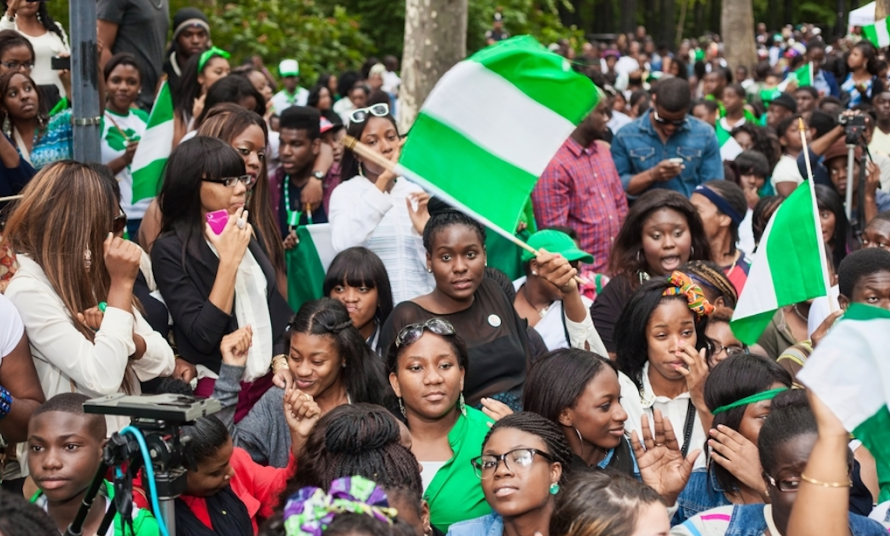


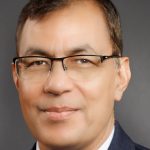

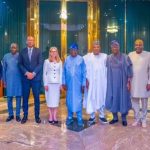

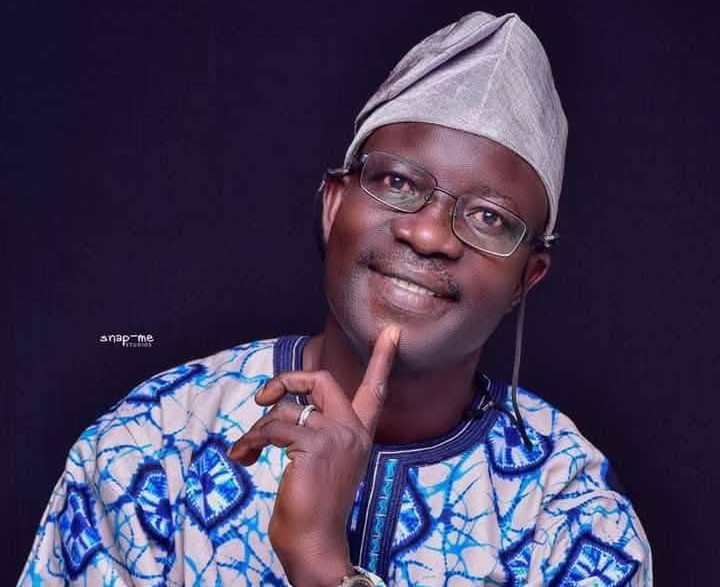
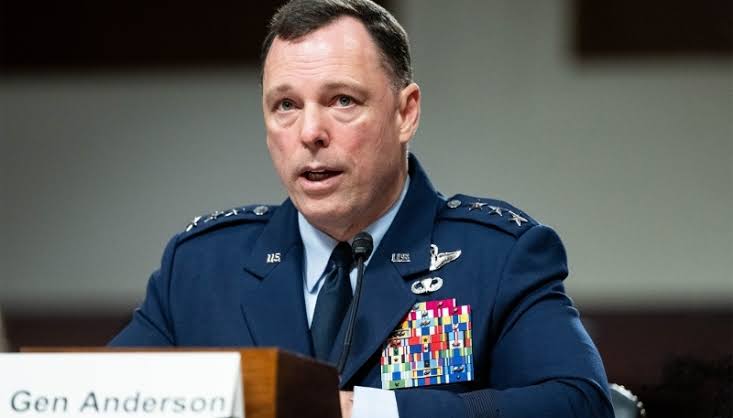
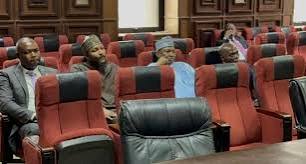











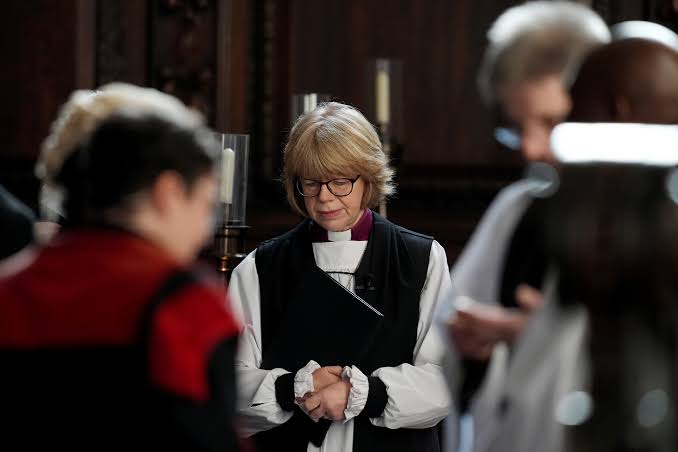

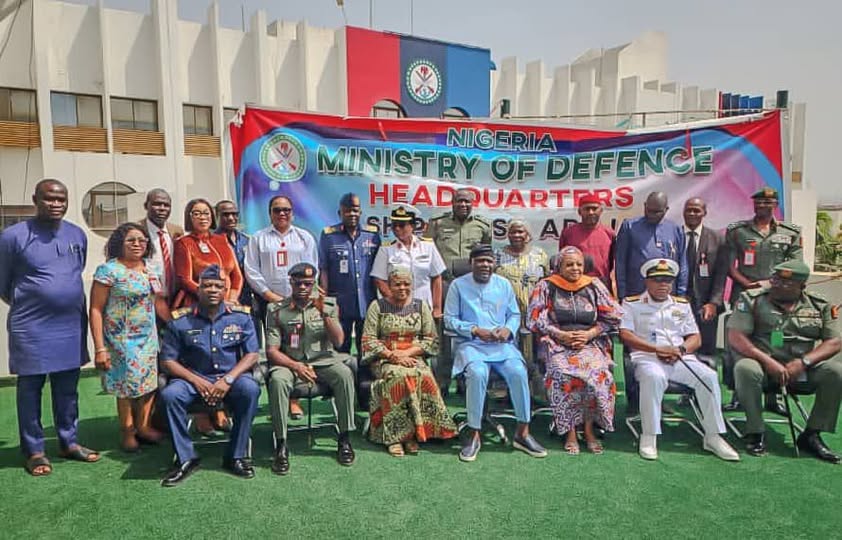
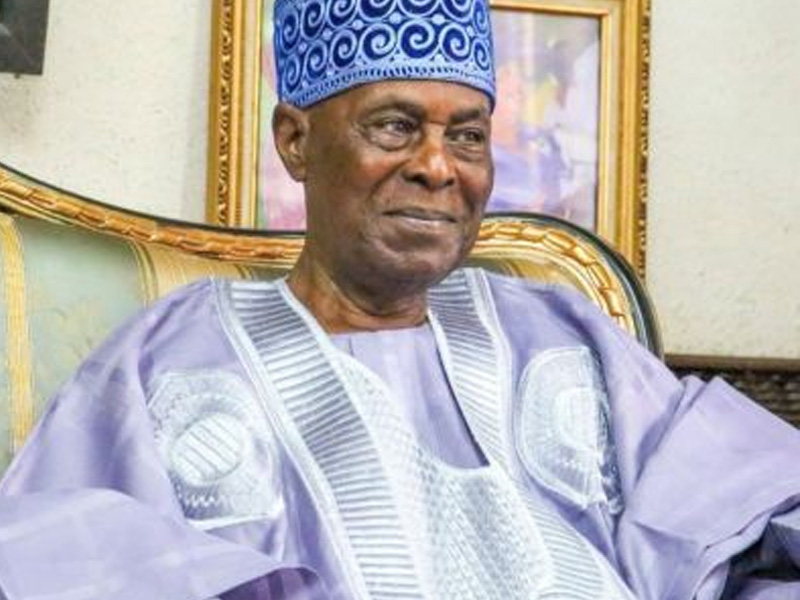
Leave a comment